Posted on 2/26/2025
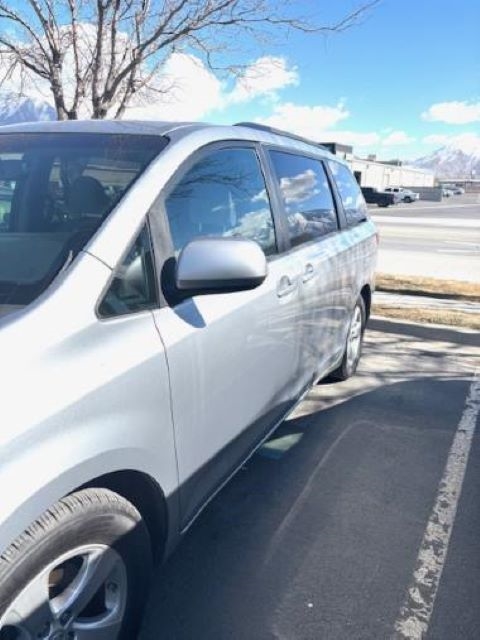
Why Won’t My 2018 Toyota Sienna Power Sliding Doors Open? If you’re having trouble with your 2018 Toyota Sienna’s power sliding doors, you’re not alone. These doors are convenient, but they can sometimes malfunction due to electrical or mechanical issues. Here are some common reasons why your Sienna’s sliding doors won’t open and what you can do about it. 1. Child Safety Lock Engaged Before assuming there’s a major issue, check if the child safety lock is engaged. If it is, the doors won’t open from the inside. You can disable this by flipping the switch near the door latch. 2. Power Sliding Door Switch Turned Off Toyota Sienna’s have a power sliding door control switch, usually located on the dashboard near the steering wheel. If this switch is turned off, the doors won’t operate automatically. Try toggl ... read more
Posted on 2/19/2025
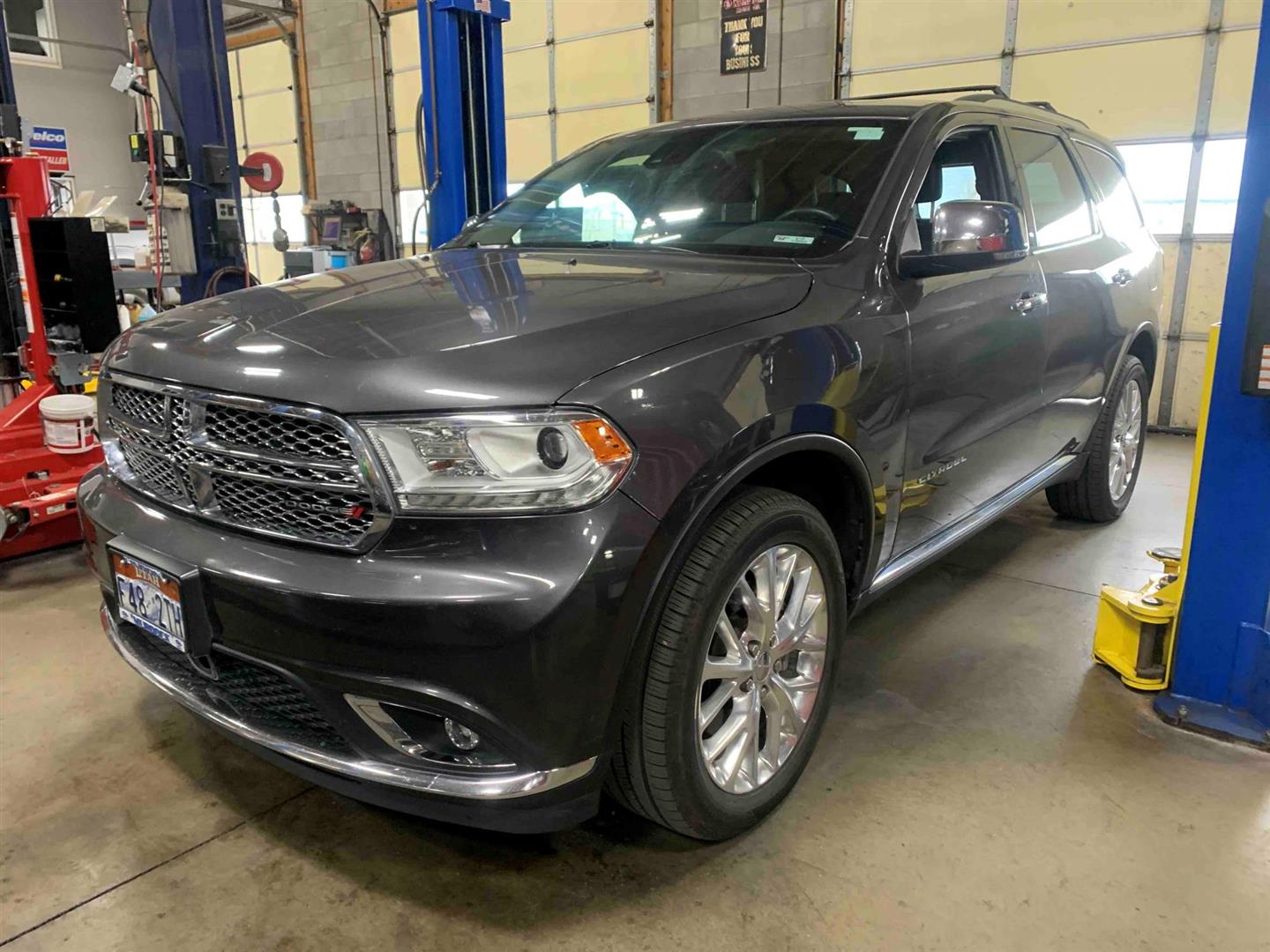
Chrysler 3.6L Oil Cooler Leaks: What Dodge Caravan & Jeep Cherokee Owners Need to Know The Chrysler 3.6L Pentastar engine, found in vehicles like the Dodge Grand Caravan, Jeep Cherokee, and Chrysler Town & Country, is a powerful and efficient V6. However, one common issue owners face is oil cooler leaks, which can lead to serious engine damage if not addressed promptly. Here’s what you need to know about this problem and how to fix it before it turns into a costly repair. What is the Oil Cooler & Why Does It Matter? The oil cooler helps regulate engine oil temperature by dissipating e ... read more
Posted on 2/12/2025
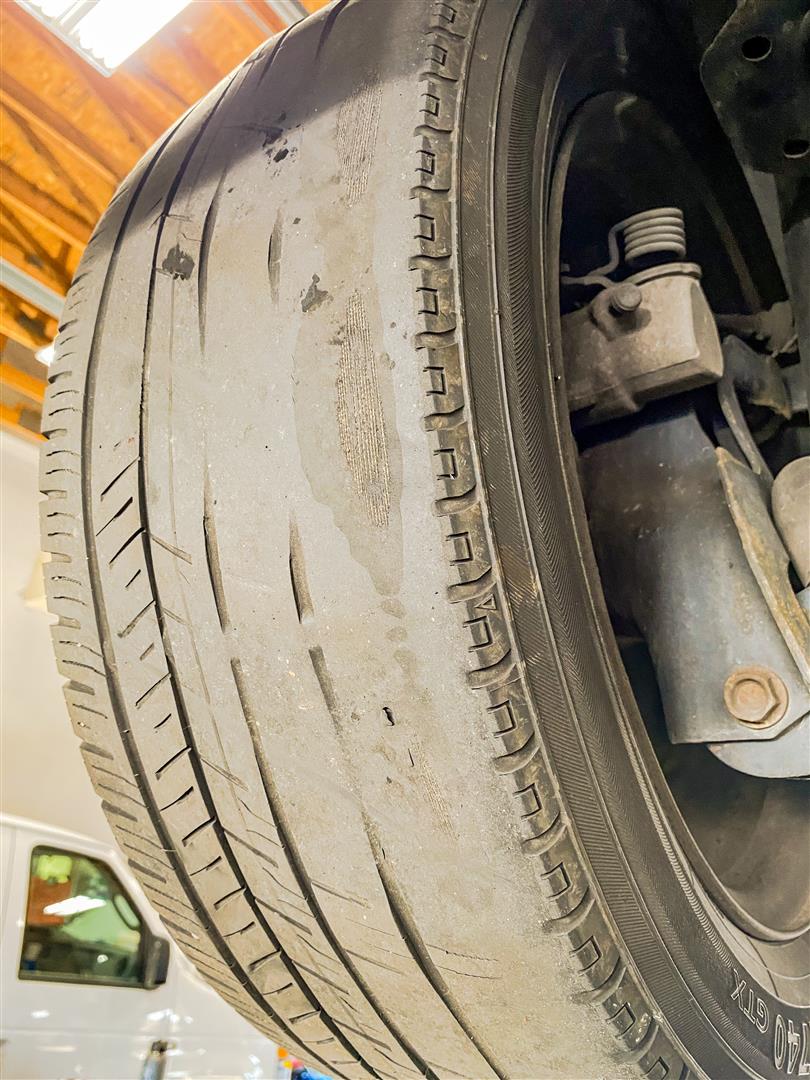
Here in Spanish Fork, we’ve only had a handful of snowstorms this season, but does it feel like every storm creates a traffic nightmare? You’re not alone in thinking so! One possible reason is that we’ve had relatively mild winters the last few years, meaning many drivers have less experience handling snowy and icy roads. But beyond driving experience, vehicle maintenance plays a huge role in winter driving safety. Every day, we perform vehicle inspections and see areas where improvements can make a big difference in handling winter conditions. To help you stay safe in snow and traffic, here are the top safety items to check on your vehicle: 1. Tires – Your First Line of Defense ✔️ Check for adequate tread depth and even wear. Tires have a built-in wear bar indicator—once the tread reaches this level, it’s time for a replacement. ✔️ Ensure proper inflation. Cold temperatures can cause tire pressure ... read more
Posted on 2/1/2025
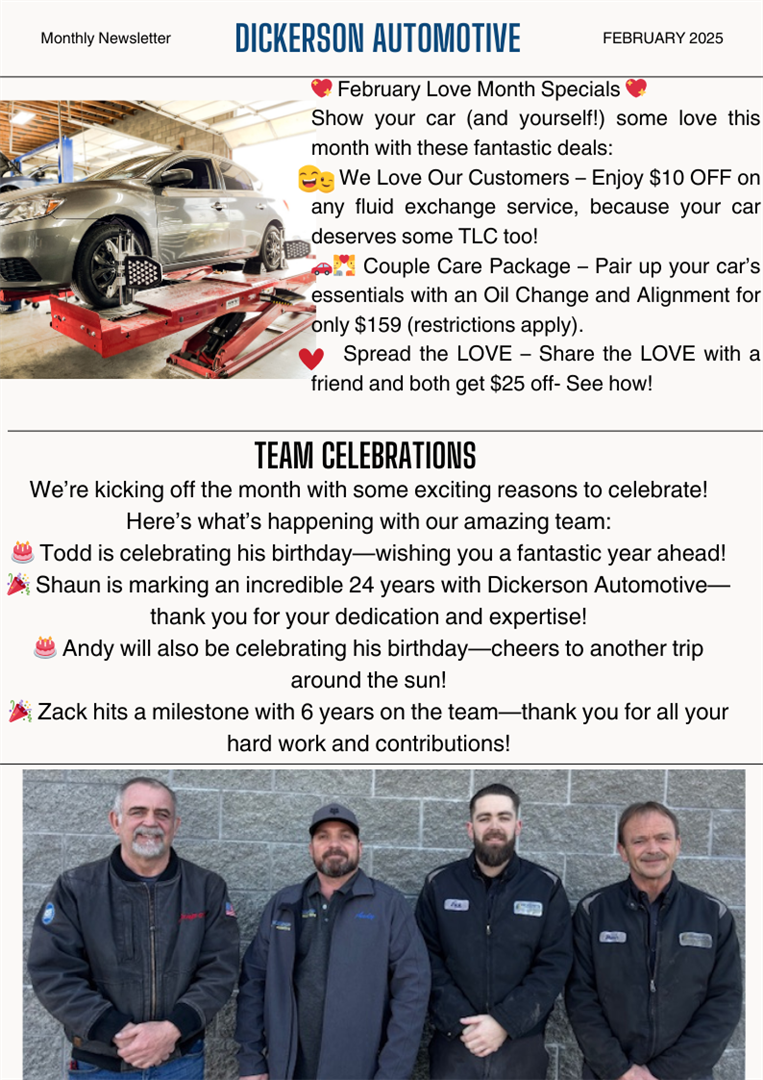
DICKERSON AUTOMOTIVE FEBRUARY 2025
Posted on 1/30/2025
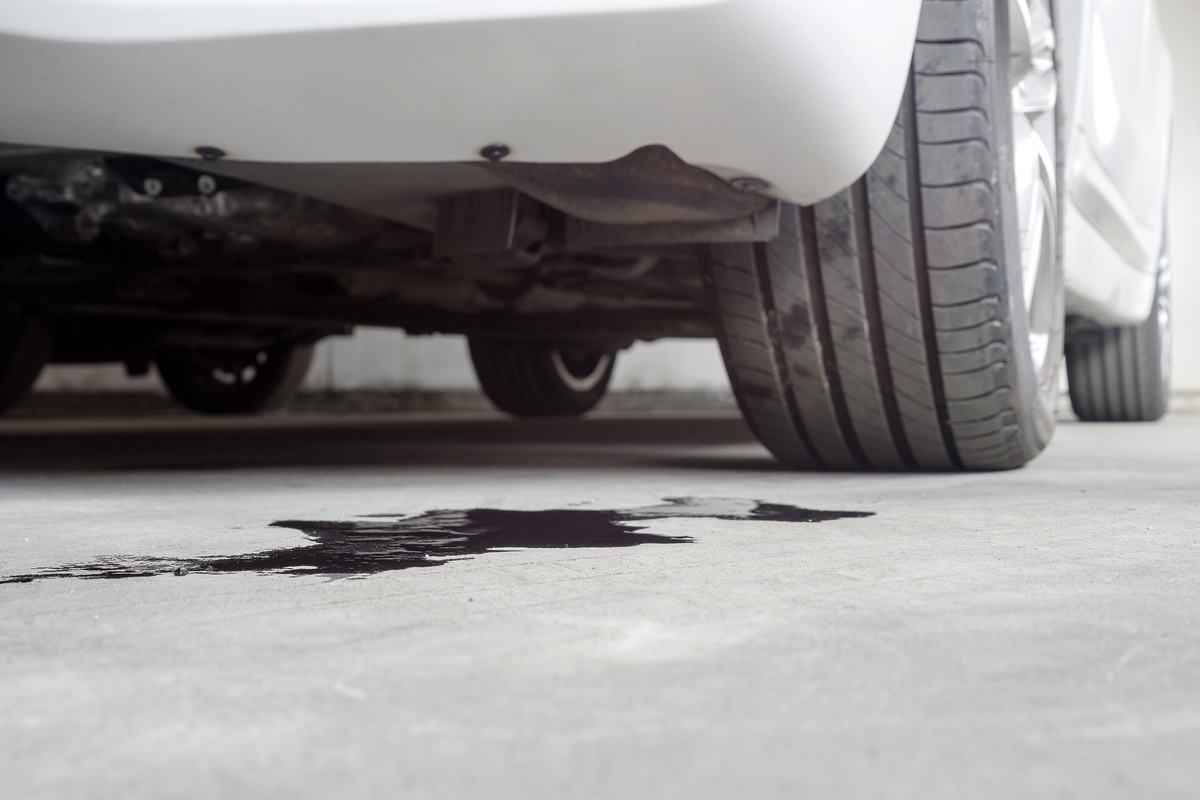
Subarus are renowned for their reliability, all-wheel-drive capabilities, and longevity. However, like any vehicle, they aren’t immune to mechanical issues. One of the most common problems Subaru owners encounter is oil leaks. While this can be a frustrating issue, understanding the typical causes, signs, and solutions can help you stay ahead of potential problems and keep your Subaru running like new. Common Sources of Oil Leaks in Subarus Subaru’s unique engine design, particularly its horizontally opposed (boxer) engine, contributes to its performance and balance. However, this design also makes certain seals and gaskets prone to wear. Here are the most common culprits: 1. Valve Cover Gaskets The valve cover gaskets are a frequent source of oil leaks, especially in older Subarus or those with higher mileage. These gaskets seal the valve covers to the cylinder heads, preventing oil from escaping. Over time, they can degrade due to hea ... read more